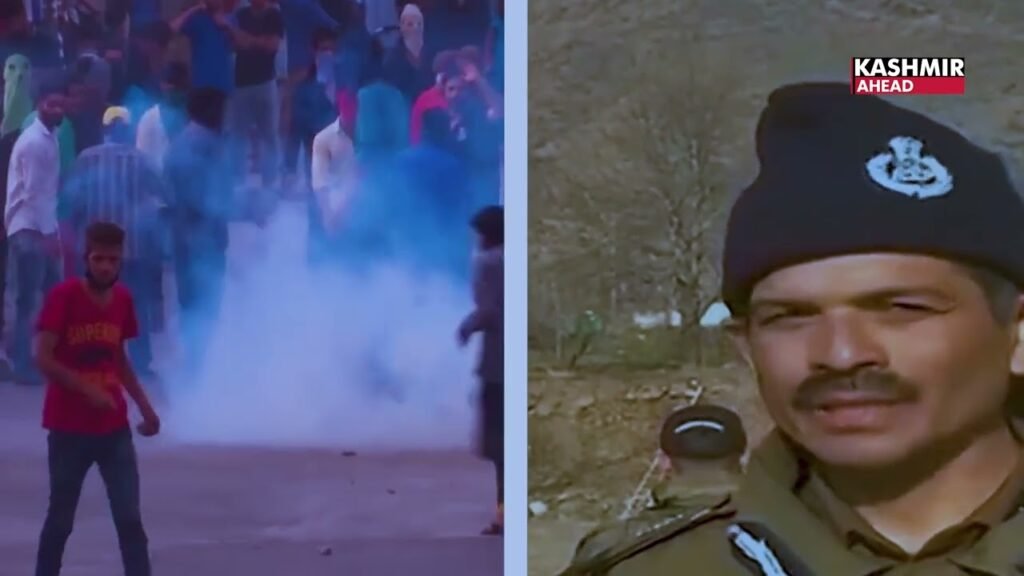The paradigm shift entails moving beyond simply dealing with armed individuals. While it’s crucial to address immediate threats posed by gunmen, we must also delve deeper into the root causes driving individuals towards violence. Consider a scenario where armed individuals are present in your community, posing a threat to safety and normalcy. Neutralizing and controlling them becomes an urgent priority. However, failing to thoroughly investigate the circumstances behind their actions perpetuates a cycle of fear and misunderstanding. We must confront the reality that many individuals resort to violence due to various factors, including socioeconomic struggles and the allure of quick recognition. This is evidenced by the staggering number of young lives lost to violence, predominantly from disadvantaged backgrounds. Those responsible for fostering environments conducive to violence, whether in religious institutions or educational settings like Jamaat-e-Islami’s colleges, must be held accountable. Glorifying violence as a shortcut to success only perpetuates the cycle of despair and inequality. Instead of offering genuine opportunities for growth and achievement, some individuals exploit others’ vulnerabilities for personal gain, perpetuating a cycle of violence and exploitation. This includes not only the perpetrators themselves but also those who enable and support their actions. By addressing the systemic issues underlying violence and providing alternative paths to success, we can break the cycle and create a safer, more equitable society for all. This requires not only investigating individual perpetrators but also challenging the societal structures that perpetuate violence and inequality.
Keep Reading
Add A Comment



